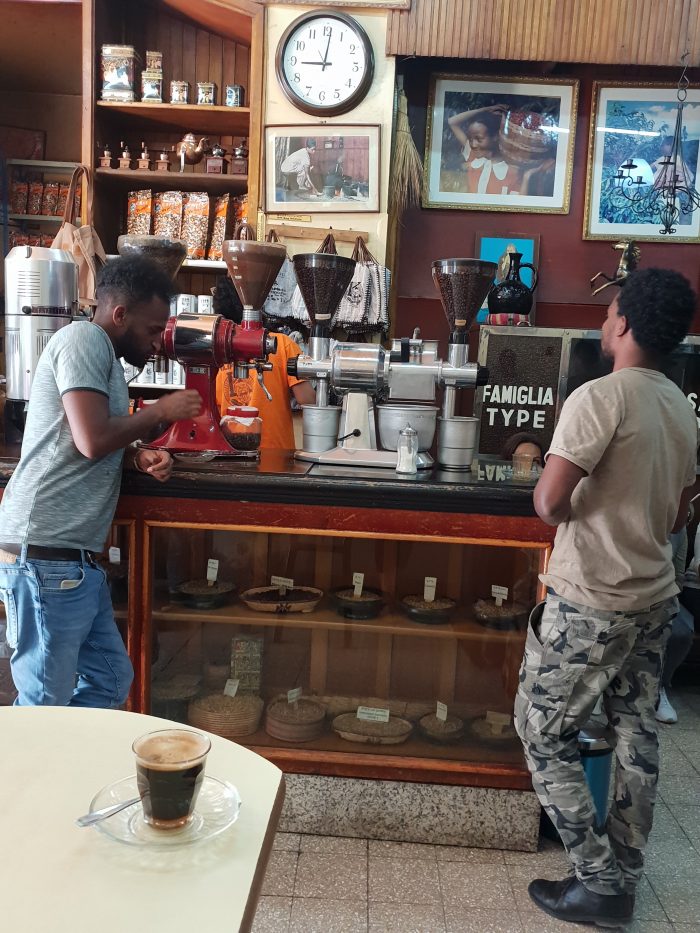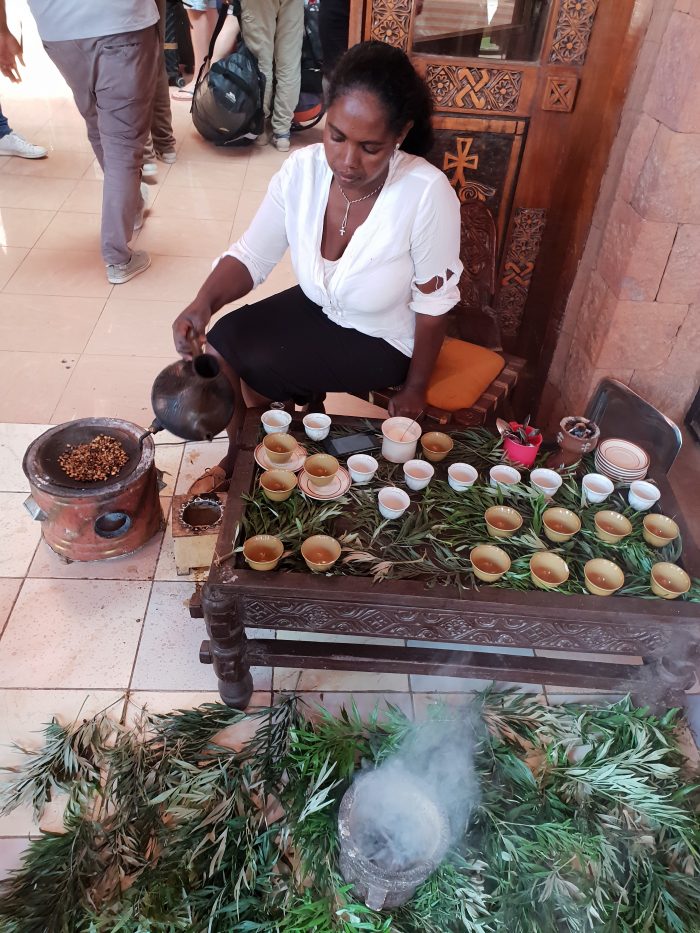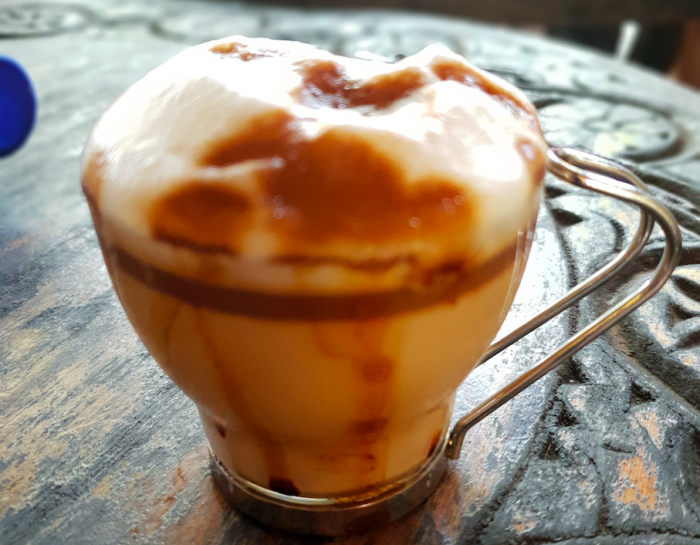As a modern-day traveller, I’m like everyone else, seeking out the most authentic experiences in the world.
Sadly, with the rise of social media, an authentic coffee experience can be hard to find. Sometimes you find yourself in the “best brunch” spot, but then, as you look around, you realise you are sharing it with a room full of tourists. All too busy snapping away for Instagram, rather than sitting and enjoying the good stuff—those coffee vibes.
I don’t want to find myself in a country where I am sipping coffee from the best beans with no culture in sight.
For me, travelling and coffee have two main things in common: they both allow you to explore a country and form connections with the locals. I want to hear the local chatter around me while I experience the destination and coffee the way the locals do.
Last summer, I spent some time in Naples, Italy, and found my coffee spot. The locals would stand perched indoors at the counter, sipping the coffee at the same time each day. I would order a cappuccino at the counter from between the perched locals to take outside to sit and enjoy local life unfold in front of me. Suited men were discussing business away from the office and an old man was sitting and reading the local paper as part of his daily routine. I would sometimes catch their eye and smile. I’d have no idea of what they were saying or thinking, I would simply have a glimpse into their daily life when they paused for a coffee before the rush of life continued.
One country that is 100 percent authentic, and where I felt lucky to visit to experience their coffee culture, is Ethiopia. A complete hidden gem in the Sub Sahara African continent. They are among the top 10 producers of coffee and have a special coffee ceremony to deliver some bonus authentic points.
The day I flew into the capital, jet-lagged and slowly adjusting into a new time zone, I knew my first sightseeing stop would be a coffee shop. With limited Western chains, I had no choice but to leap straight into the local way of life. The chosen coffee destination popped up on every blog as one of the oldest coffee spots in the city—the famous Tomoca coffee shop.
What waited was a fully authentic Ethiopian coffee shop, not ruined by the Instagram tourists as, well, I don’t think they visit this country. This is the land of the finest Arabica coffee—as legend would have it, discovered by an Ethiopian shepherd boy and his goats sometime around the sixth century. I stood open-mouthed in the coffee shop. It felt like I walked into the olden days, a bit of a museum to the generations of coffee produced here.
As I stood trying to work out the coffee system from the chalkboard, a steady stream of locals ordered their coffee around me. I watched them, and they watched me. When it became time to order, the system was easy. There weren’t a thousand possible combinations found in Western coffee shops, this was a no-nonsense kind of establishment. I grabbed my coffee and made my way to the tall, bar-style tables, where I stood next to a local who shuffled along so I could enjoy my first taste of Ethiopia.
The walls surrounding me were covered with posters showing the coffee regions dotted across Ethiopia. The coffee tasted raw and full of flavour. No milk, syrup, or chocolate sprinkles here—just pure coffee.

Coffee became a staple of the trip. “Macchiato coffee, please.” Although they had the best beans, they couldn’t always make the best coffee…unless you asked for a macchiato.
The Ethiopian coffee experiences continued as we explored this vast and mountainous country, learning about its culture and traditions. A coffee ceremony is a ritualised form of making and drinking coffee. The ceremony was first practised by the Southwestern Ethiopian people who serve coffee daily, mainly to gather with relatives, neighbours, or visitors. Loose grass is spread on the floor where the coffee ceremony is held, often decorated with small yellow flowers.
The ceremony is typically performed by the woman of the household and is considered an honour. They brewed the coffee by first roasting the green coffee beans over an open flame in a pan, followed by the grinding of the beans, traditionally in a wooden mortar and pestle. They then put the coffee grounds into a special vessel that contains boiled water, which is left on an open flame for a couple of minutes until it is well mixed with the hot water. After grinding, they put the coffee through a sieve several times. The host pours the coffee by moving the tilted boiling pot over a tray with small, handleless cups from a height of one foot without stopping until each cup is full.
It felt mesmerising and a little theatrical to watch with your own eyes. When we arrived at each new hotel on the trip, we were always greeted by a coffee ceremony, with the spreading of fresh grass on the floor while burning incense to make the air even more fragrant. It is always a wild sight when it happens in your hotel reception.
Thank you to Ethiopia for reminding me there are still truly authentic countries and experiences out there, all shared over a coffee. Get spreading that fresh grass before your next cup of Ethiopian coffee.



 Share on bsky
Share on bsky





Read 0 comments and reply